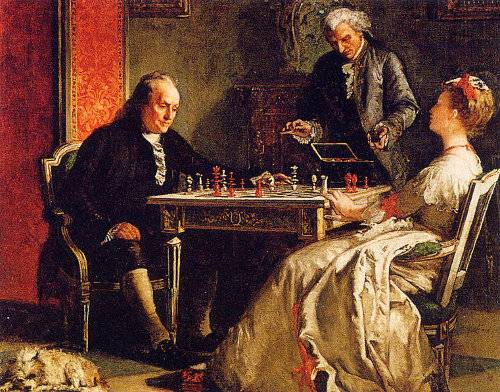
A queer dream or illusion had haunted Lincoln at times through the winter [of 1860]. On the evening of his election he had thrown himself on one of the haircloth sofas at home, just after the first telegrams of November 6 had told him he was elected President, and looking into a bureau mirror across the room he saw himself full length, but with two faces. … A few days later he tried it once more and the illusion of the two faces again registered to his eyes. But that was the last; the ghost since then wouldn’t come back, he told his wife, who said it was a sign he would be elected to a second term, and the death pallor of one face meant he wouldn’t live through his second term.
— Carl Sandburg, Abraham Lincoln: The Prairie Years, 1926



